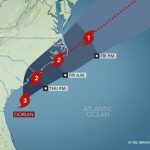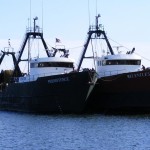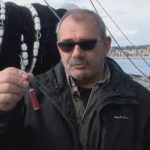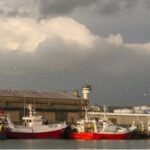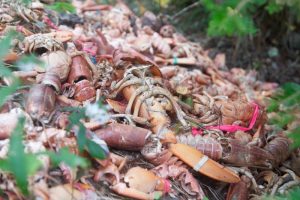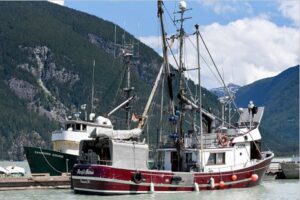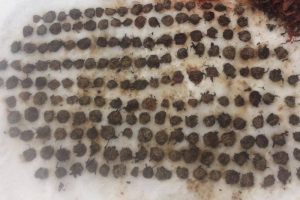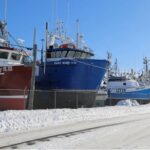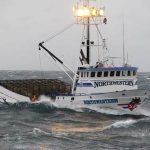Tag Archives: marine ecosystems
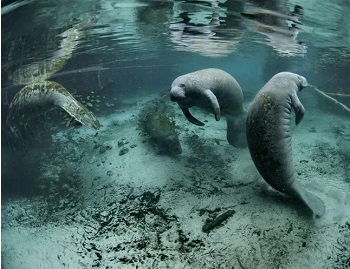
Polluted water flowing into Tampa Bay could cause massive algae bloom, risking manatee and fish habitats
Millions of gallons of water laced with fertilizer ingredients are being pumped into Florida’s Tampa Bay from a leaking reservoir at an abandoned phosphate plant at Piney Point. As the water spreads into the bay, it carries phosphorus and nitrogen – nutrients that under the right conditions can fuel dangerous algae blooms that can suffocate sea grass beds and kill fish, dolphins and manatees. It’s the kind of risk no one wants to see, but officials believed the other options were worse. >click to read< 18:38

Matt Ridley: Blue Planet II Was Superb, Save A Few Fishy Facts
Nothing that Hollywood sci-fi screenwriters dream up for outer space begins to rival the beauty and ingenuity of life under water right here. Blue Planet II captured behaviour that was new to science as well as surprising: giant trevally fish eating sooty terns on the wing; Galapagos sea lions herding yellowfin tuna ashore; an octopus wrapping itself in shells to confuse sharks. The series also preached. Every episode had a dose of bad news about the ocean and a rebuke to humanity, while the entire last episode was devoted to the environmental cause, featuring overfishing, pollution, climate change and ocean acidification. The team behind the incomparable Sir David Attenborough has acceded to demands that it should push more environmentalism. click here to read the story 12:26
Arctic Ocean “particularly vulnerable” to acidification: new report. “When marine ecosystems are affected, this will also have implications for humans”
Nunatsiaq News- 

































